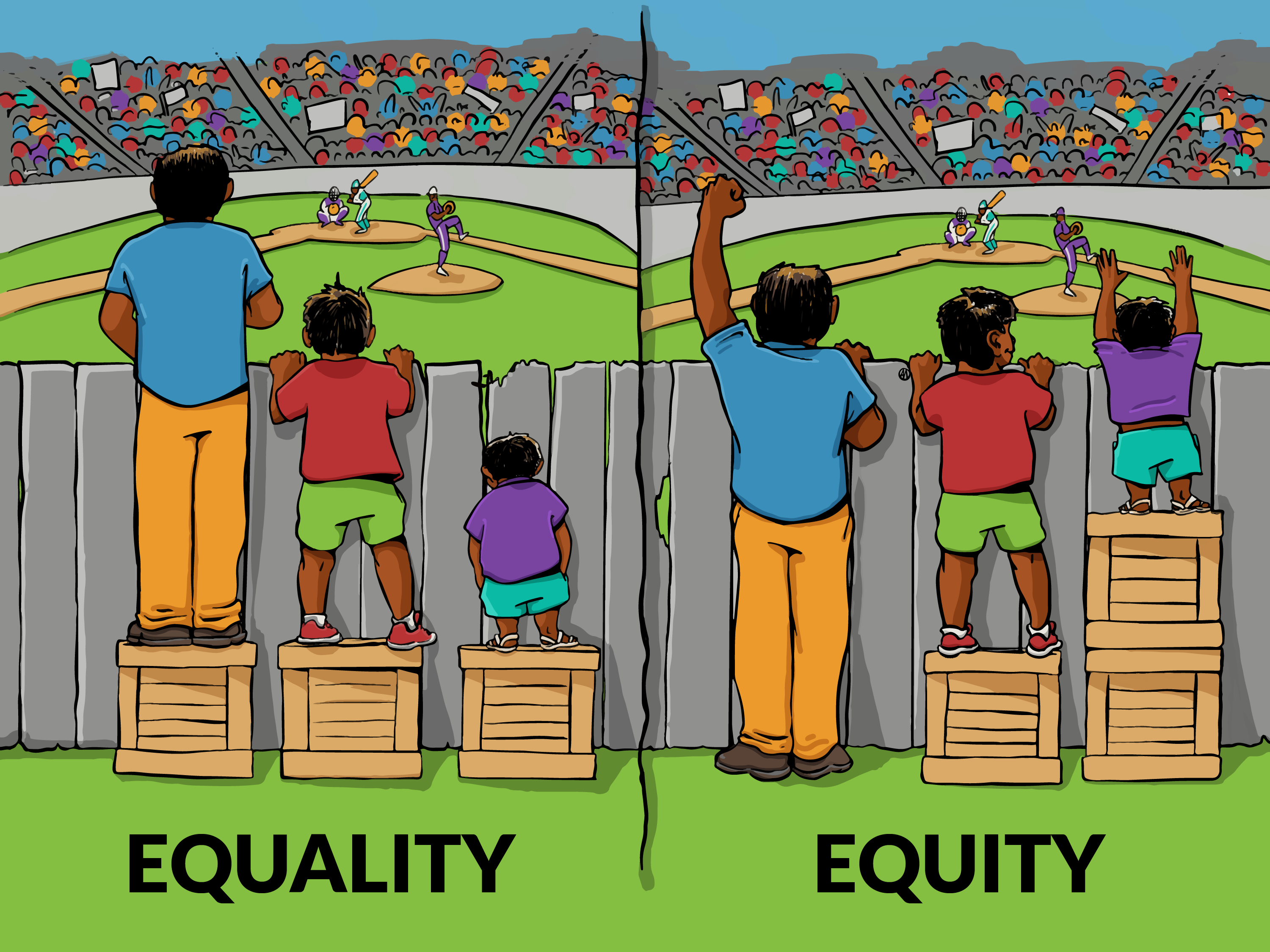Hi everyone! I'm a current M1 working with our LGBTQ+ student group and some faculty on revamping our secondary app. For the first time last year we asked about LGBTQ+ identities (1 q about sexual orientation, another about gender identity), both with several options (I don't know specifics, but fairly limited options - I think sexuality just had gay, lesbian, bisexual, straight), "other", and "Prefer not to answer". If people selected a sexual or gender minority answer or "other", another box popped up asking something like, "Would you like us to email you more information on the resources available here?" Next year, we are trying hard to provide a disclaimer as to *why* we ask, to clear up any confusion and maybe quell some fears about being honest. But in talking about it, we realized that many applicants (myself included) do not see themselves reflected in the options we gave. So for that reason, we want to change the question for next year to be more inclusive.
Here is why we ask the question:
- General demographics
- To see how LGBTQ+ applicants are progressing through the admissions cycle (e.g., how many are invited for interview? How many ) to identify gaps, & to better recruit/support LGBTQ+ folks during the cycle
- To provide more info about resources (including to extend an invitation to meet with a current LGBTQ+ student for coffee during the interview, should you be offered one, as well as LGBTQ+-related events during our Second Look-type event)
- To signal that we are an institution that encourages individuals to be honest about who they are, and one that supports the LGBTQ+ community (and I believe we are such an institution - with lots of active groups for students and faculty, great health insurance that covers gender-affirming interventions, many faculty and providers at our affiliated hospital offering those gender-affirming interventions, explicit employment and discrimination protections, LGBTQ+ and trans health clinics, etc.)
We do NOT ask it to:
- Provide automatic interview or acceptance if you're gay
- I don't even think interviewers are privy to this information
We toyed with the idea of just having a basic question like, "Do you identify as a gender or sexual minority?" But then, we wouldn't be able to get specific about cycle tracking (e.g., Are trans folks being treated unfairly in the process? Are gay men more likely than queer women to be accepted, but less likely to come?) which is one of the main goals of asking it. We are also not crazy about the idea of offering 20 million options, because it will *still* leave out some people and probably just dilute the data to such small N's that it would render it meaningless.
Given that info, how would you prefer this question to be asked on a secondary application? Thoughts?
Thank you!

